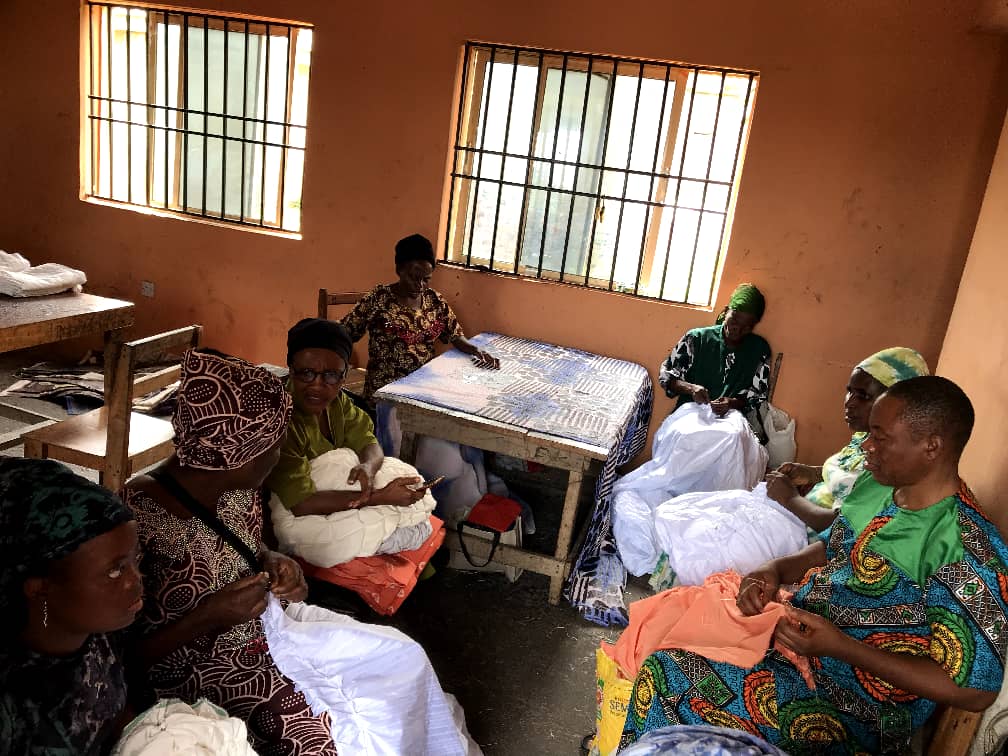14% Of Women Raped In Workplaces – Research
About 91 per cent of cases of sexual harassment in workplaces faced by women were being perpetrated by their bosses and superiors, a research by a civil rights organization under the aegis of HEIR Women Development Initiative, has revealed.
HEIR Women Development is a social enterprise born out of the need to see young women take on more decision making position and venture into leadership opportunities.
The organization also said that while three in four (74 per cent) of the women have experienced online stalking, 68 per cent attest to receiving persistent emails, sexual invitations with 81 per cent confirming that this sexual harassment had been rife.
These were the findings of “Carrier barriers and workplace sexual harassment against young women in Nigeria: Research validation meeting and extract on the Federal Character Territory”, carried out by HEIR WDI with support from Ford Foundation.
The report of the research which was signed by the Programme Officer of HEIR Women Development, Blessing Ejeh, was obtained by Journalists in Abuja on Friday.
According to the research, while 14 per cent of the respondent’s revealed that “they have been raped at workplaces”, only 33 per cent of organizations were concerned about protecting women’s rights even as 68 per cent lack gender responsiveness in their organizations.
The report said, “Three in five women (57 per cent) have experienced physical sexual harassment which respondents reported in form of unwelcomed touching, deliberate pinching among others. 14 per cent of the respondent’s revealed that they have been raped at work. The major perpetrators of sexual harassment at work are seen to be bosses or superior as 91 per cent reported.
“Also, three in 4 (74 per cent) of these women have experienced online stalking while 68 per cent attest to receiving persistent emails, invitations sexual nature with 81 per cent confirming that this sexual harassment is being often.”
The CSO said 68 per cent of the respondents reported a lack of gender responsiveness in their organization because the Human Resources Department is often charged with the responsibility for drafting protective policies on sexual harassment.
“However, their goal is to protect the interest of bosses to the detriment of other staff”, the report revealed.
The research said, “Despite these scary statistics, just 49 per cent of the respondents consider their workspace to be unsafe which is a clear indication of the low awareness among these women of what sexual harassment entails and its dangers.”















Post Comment